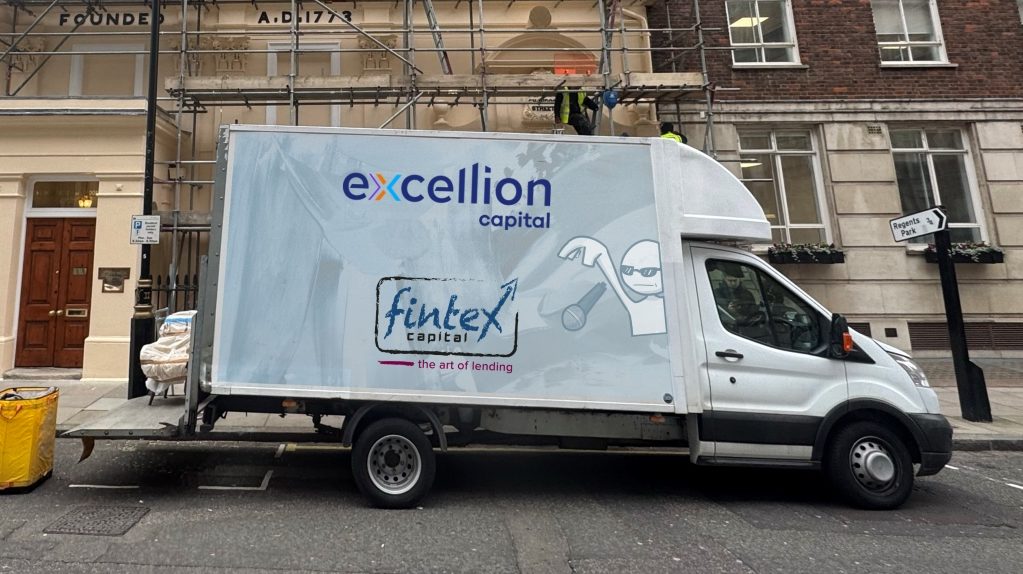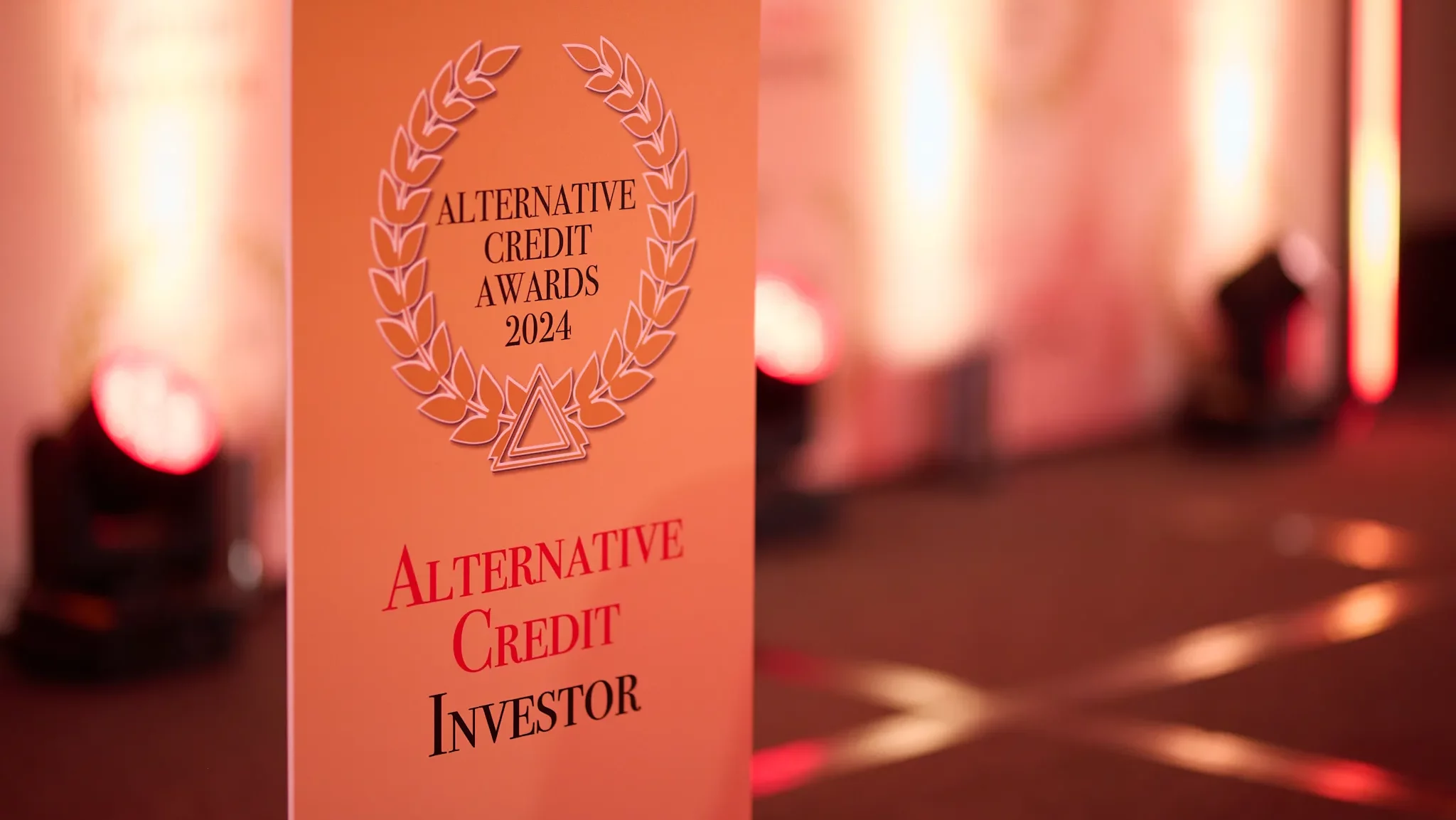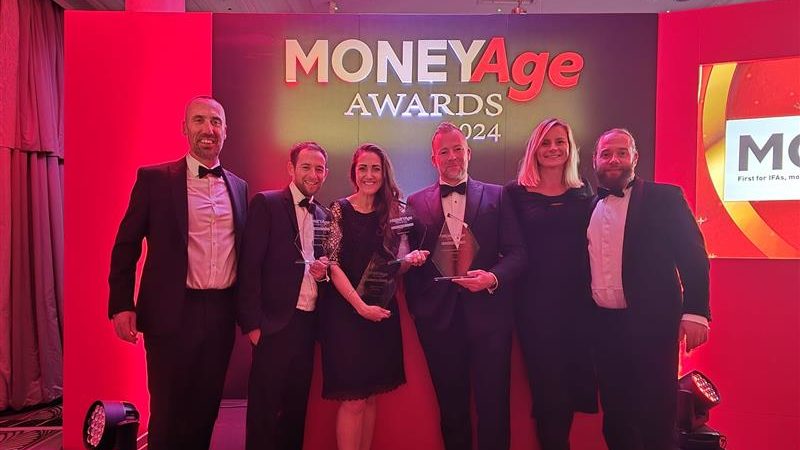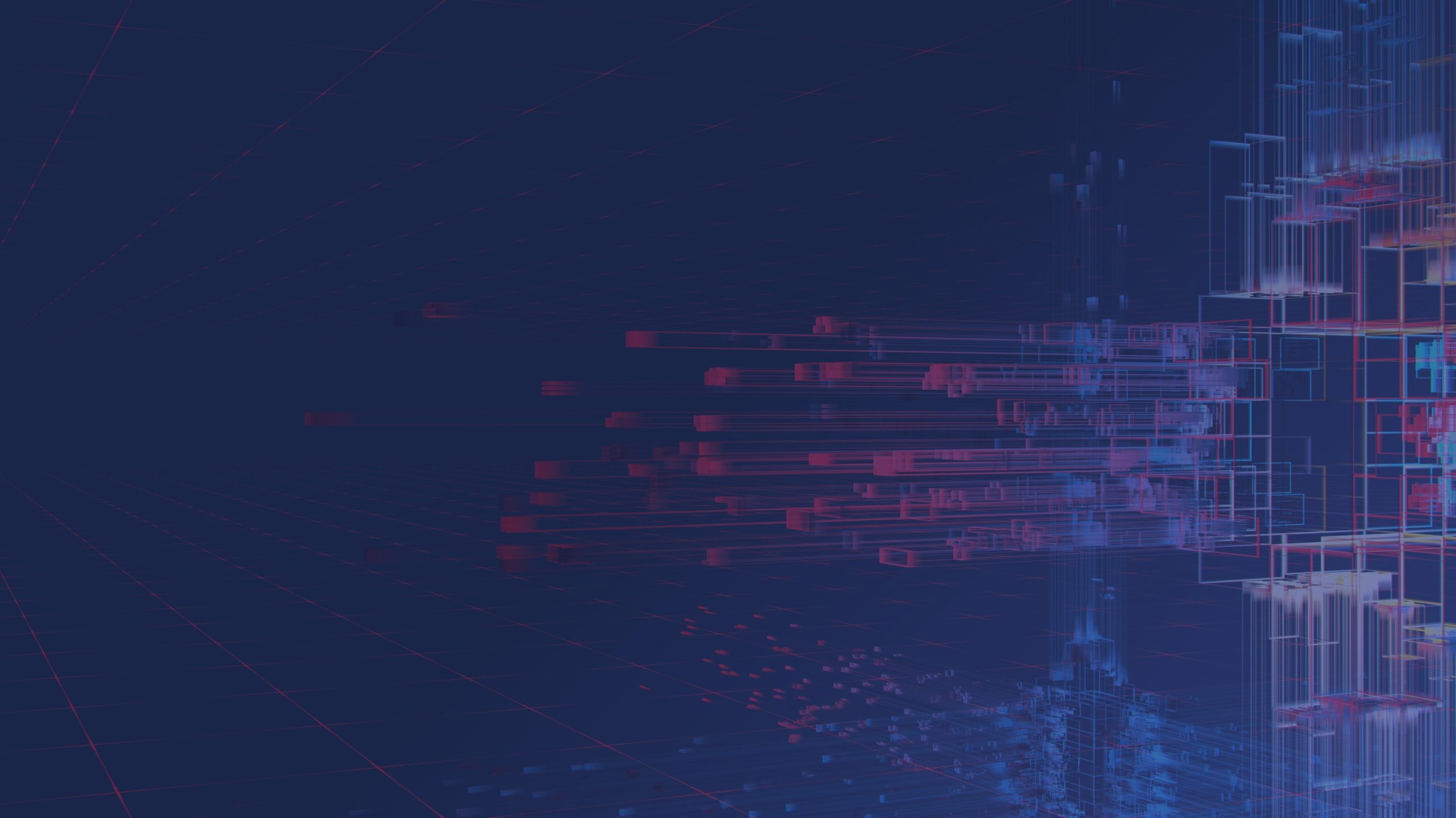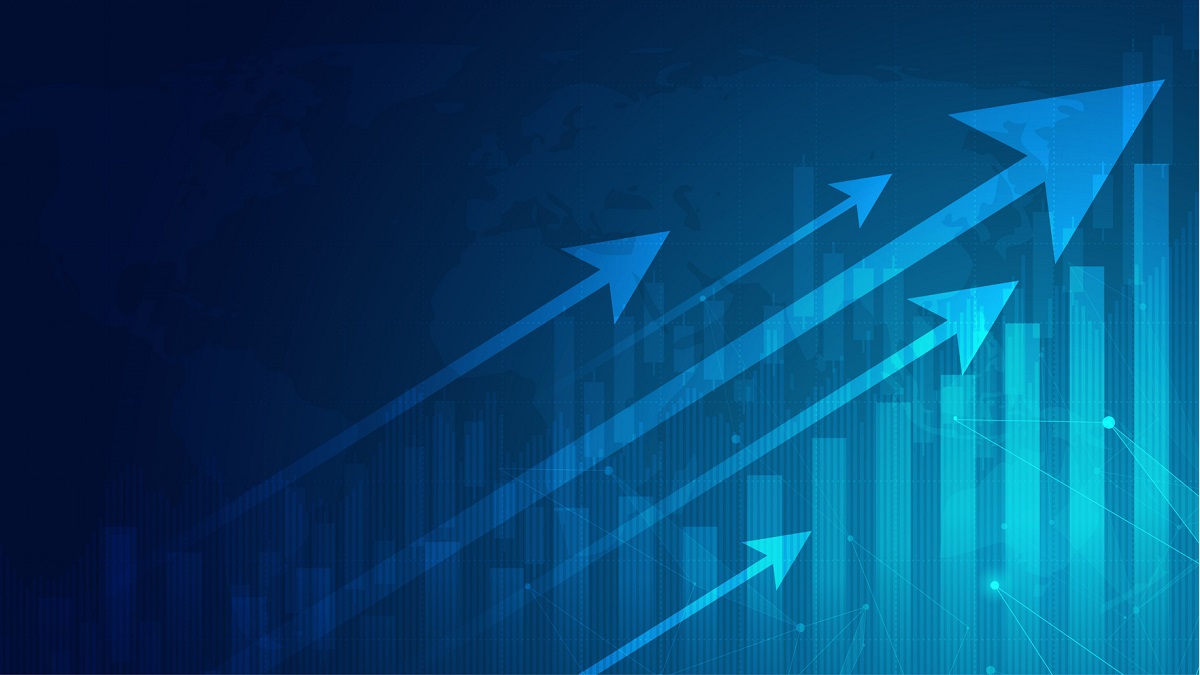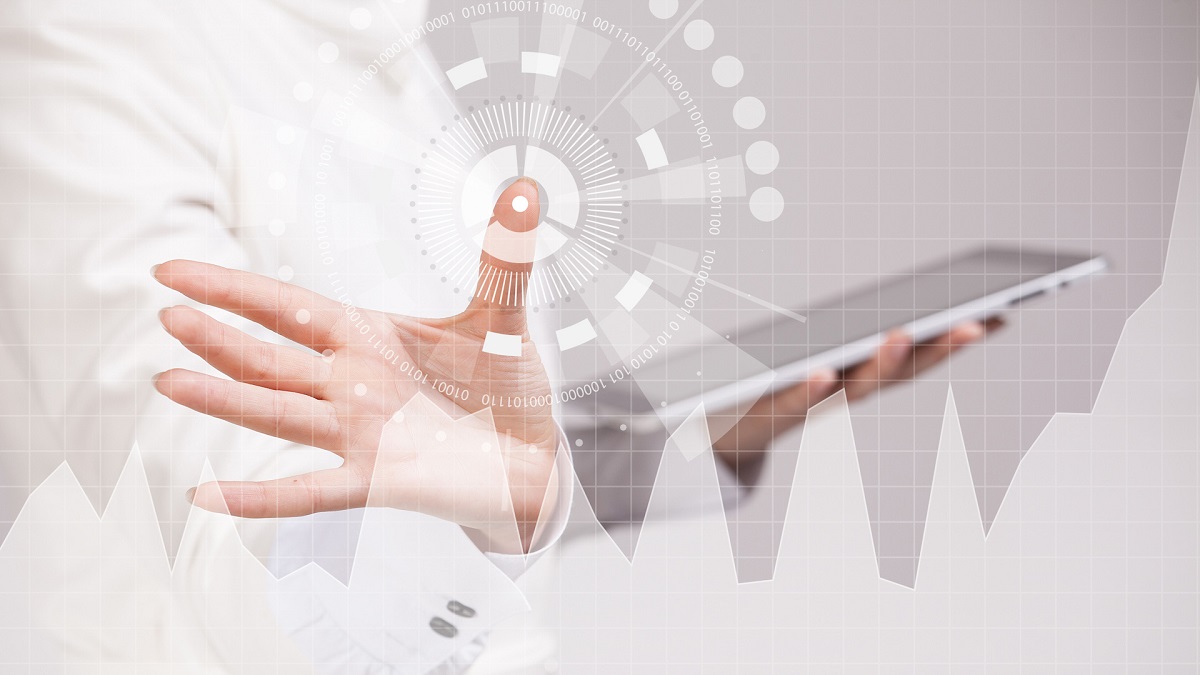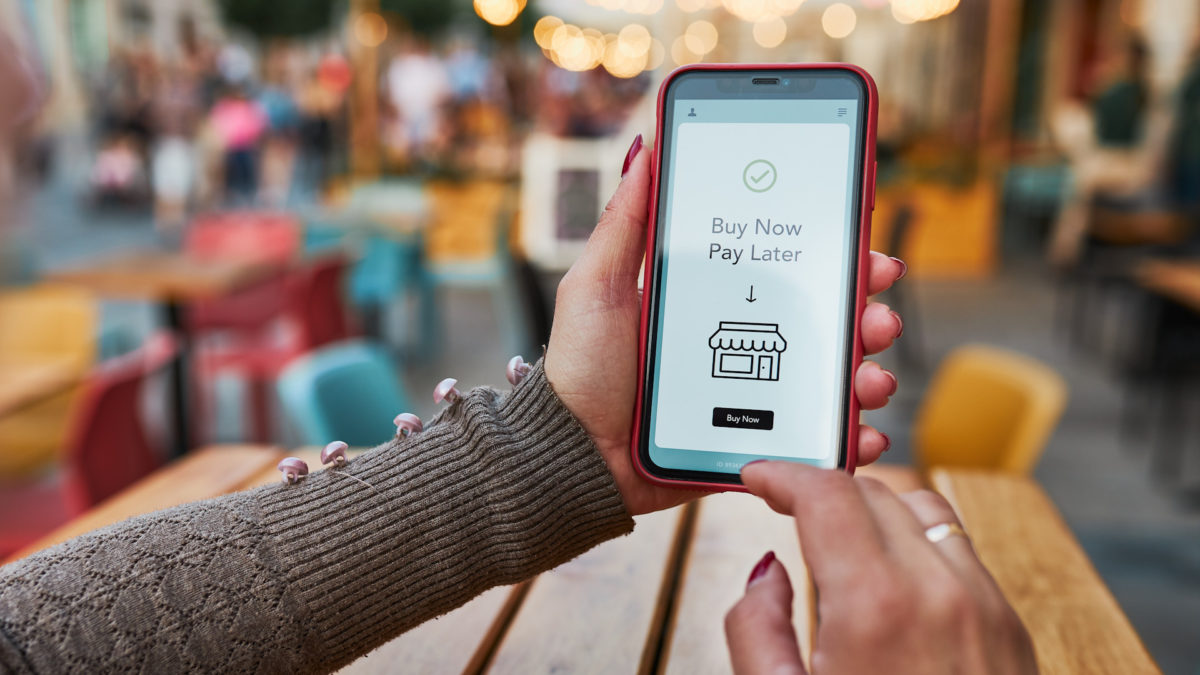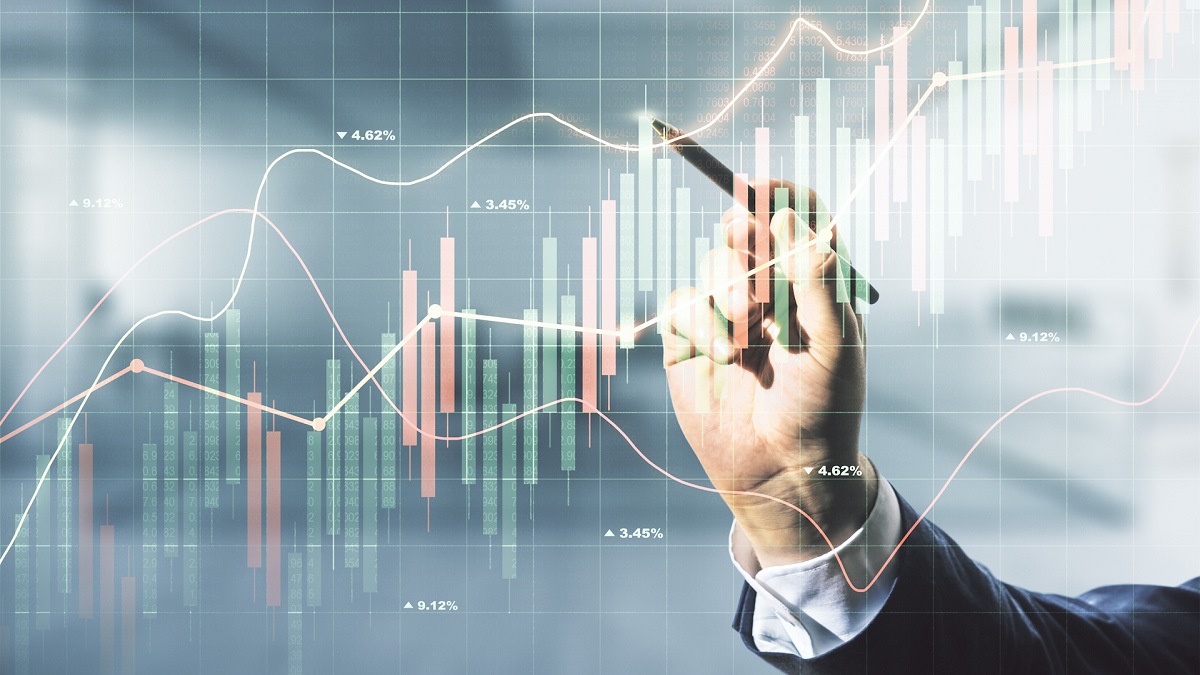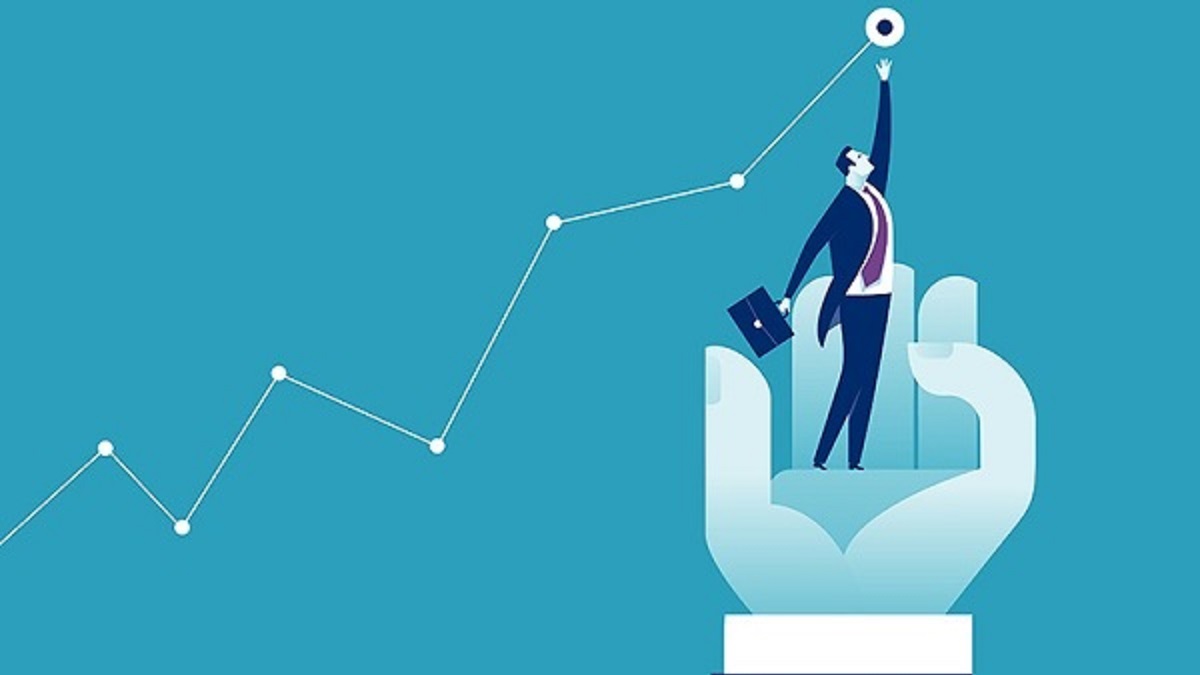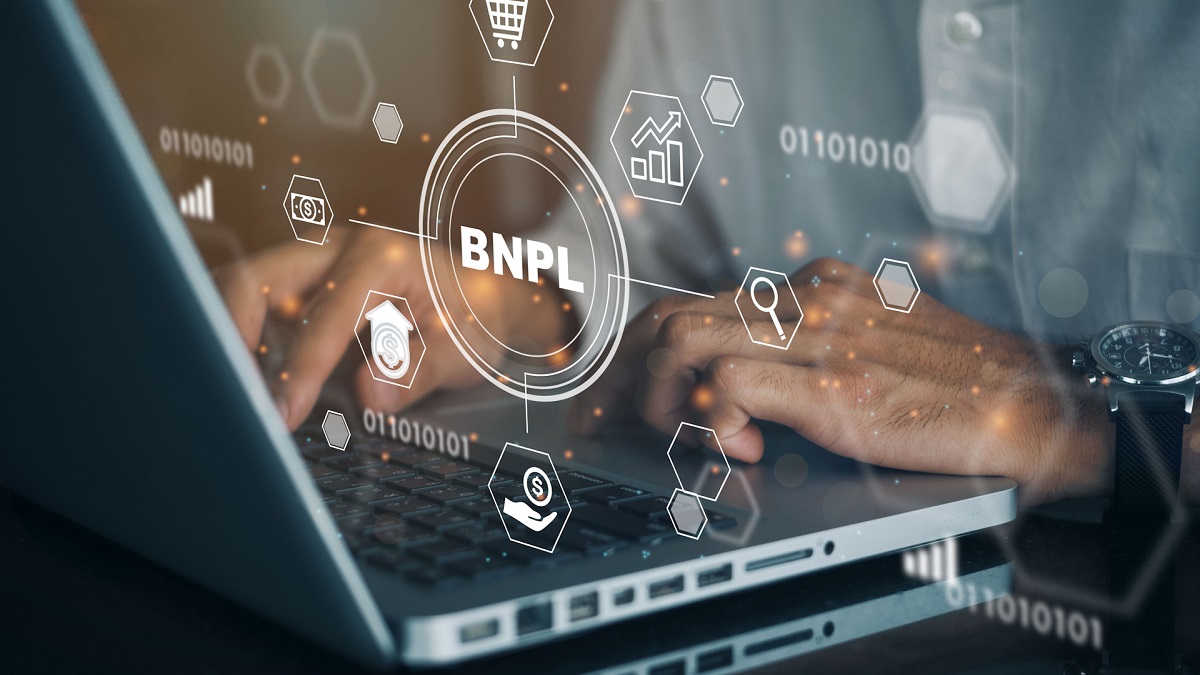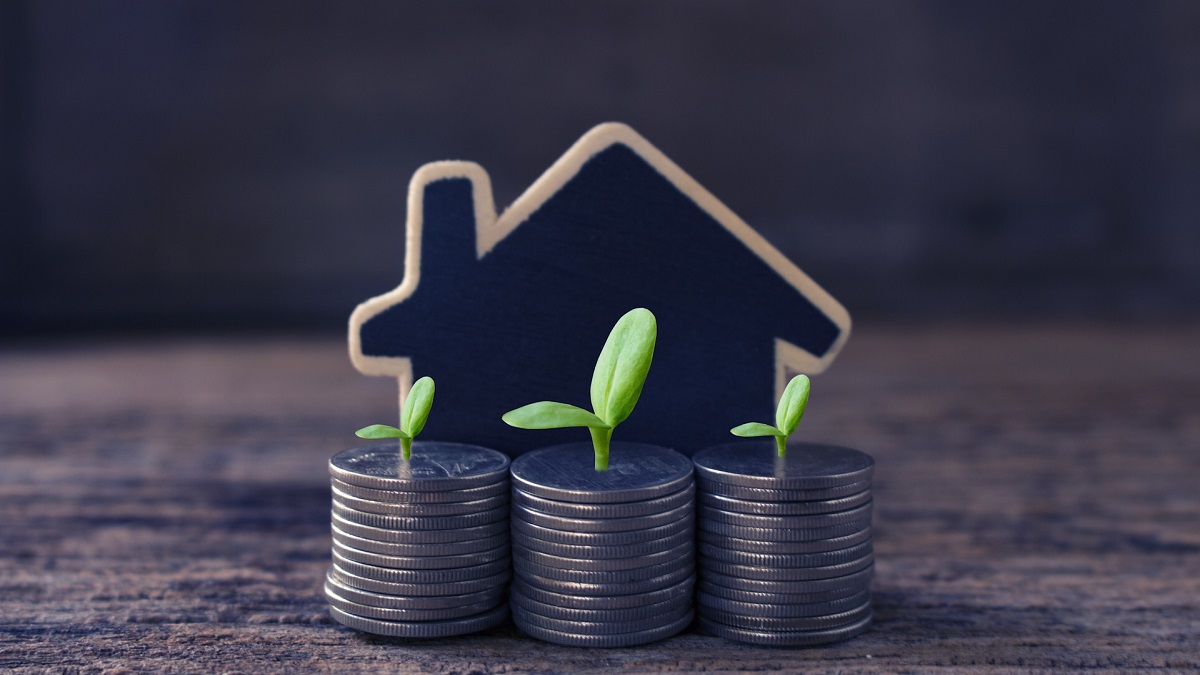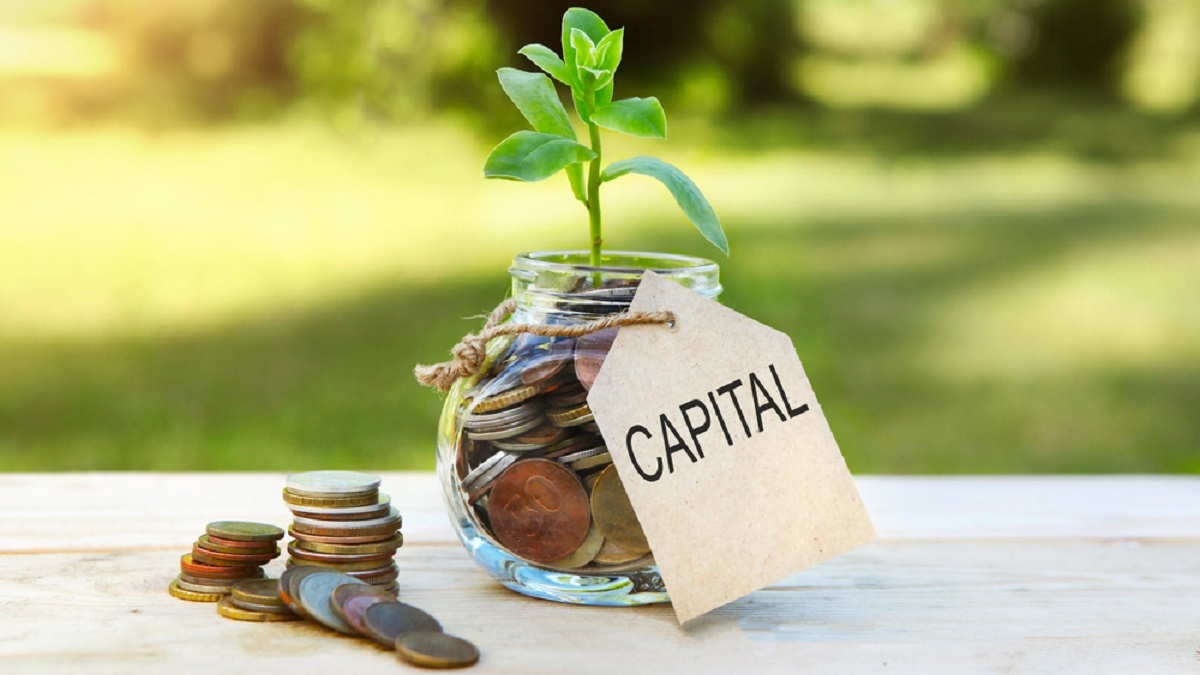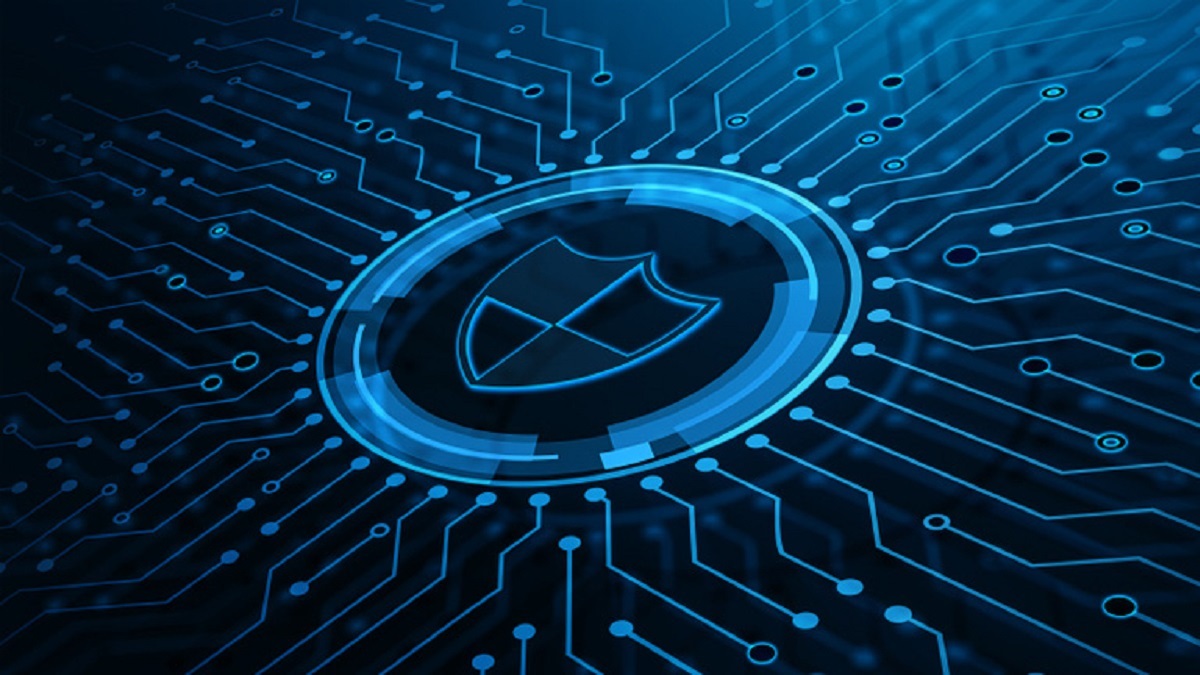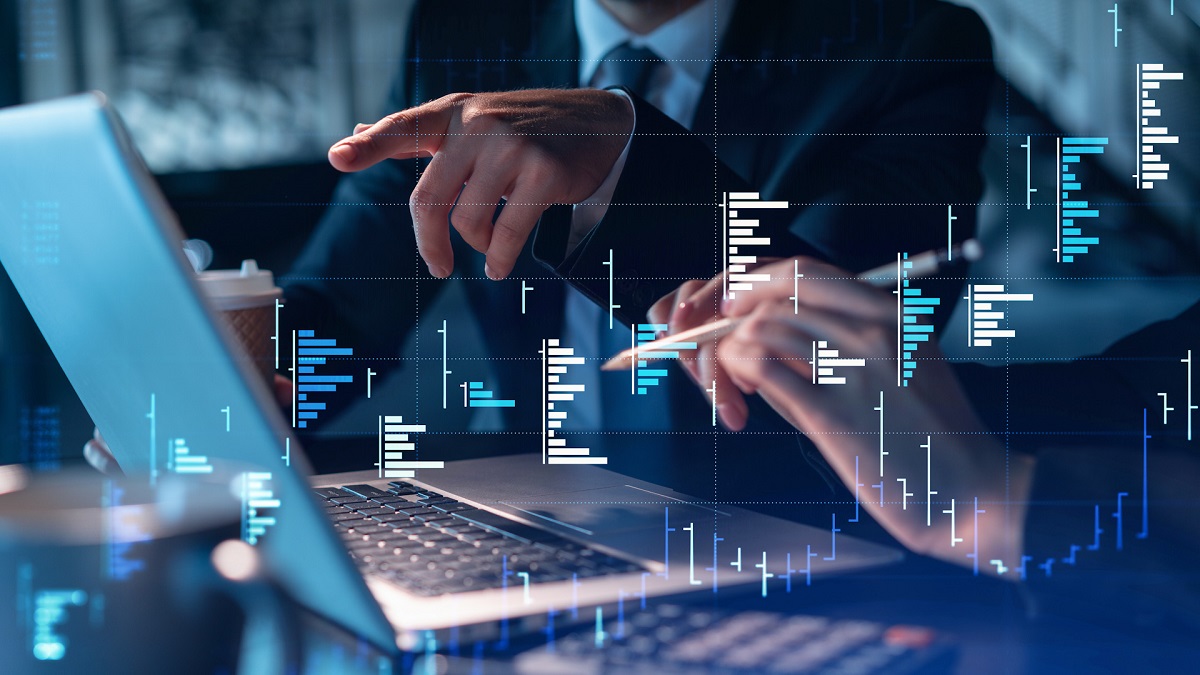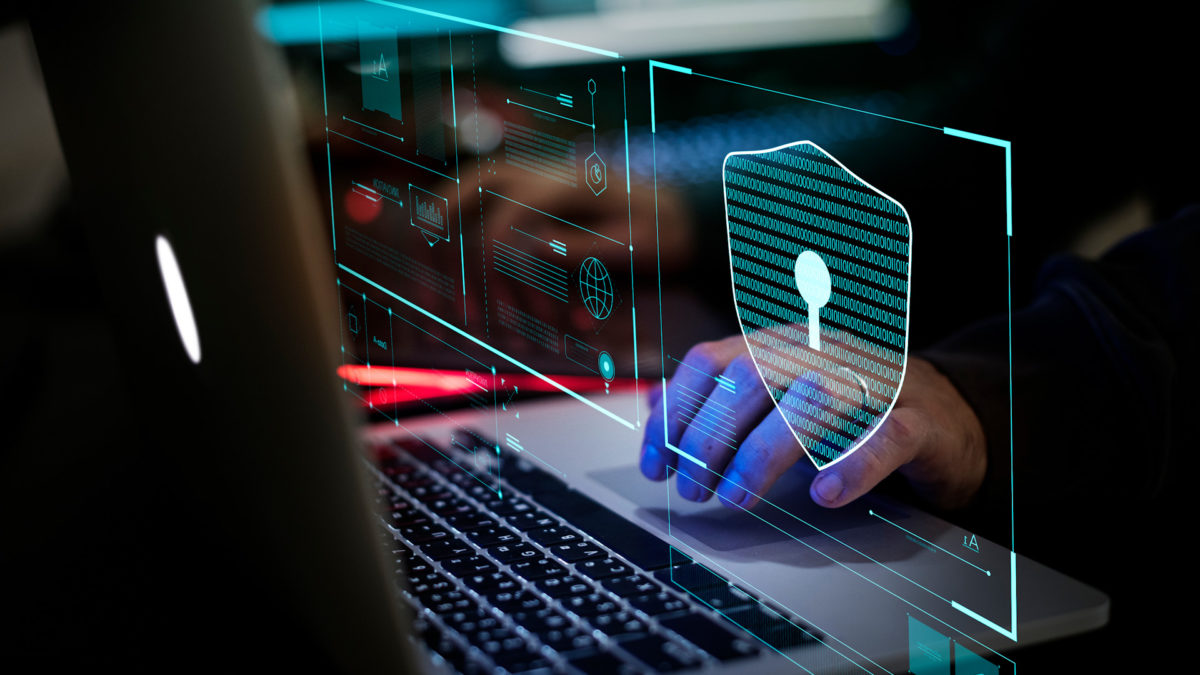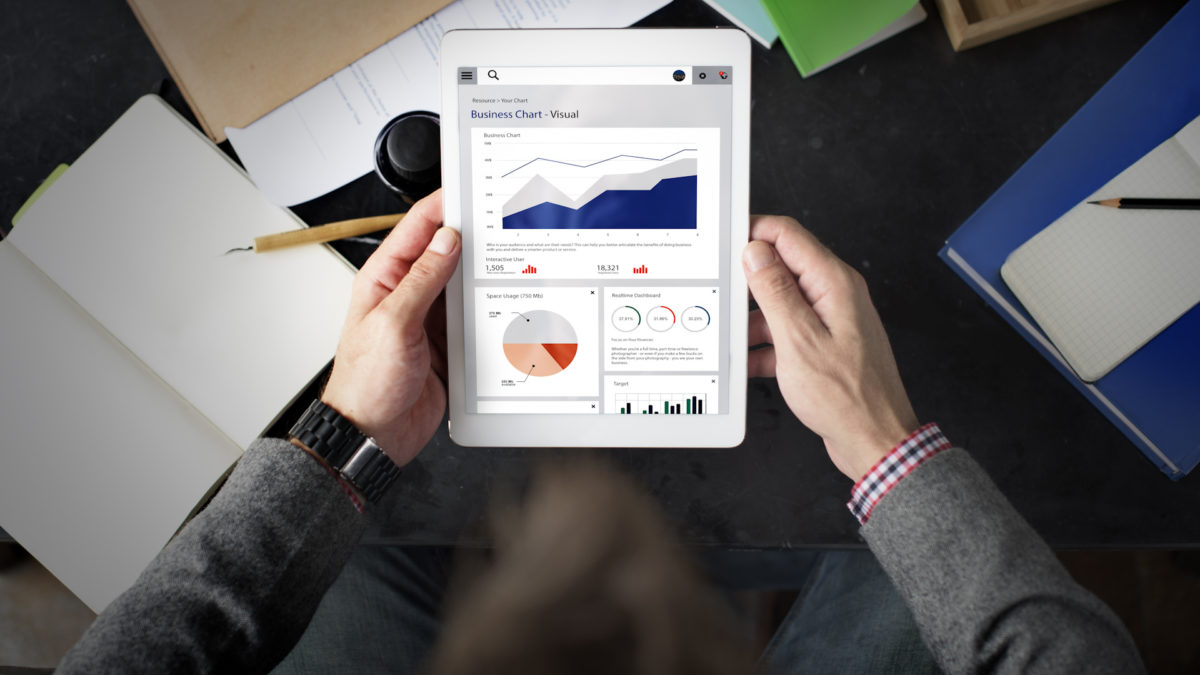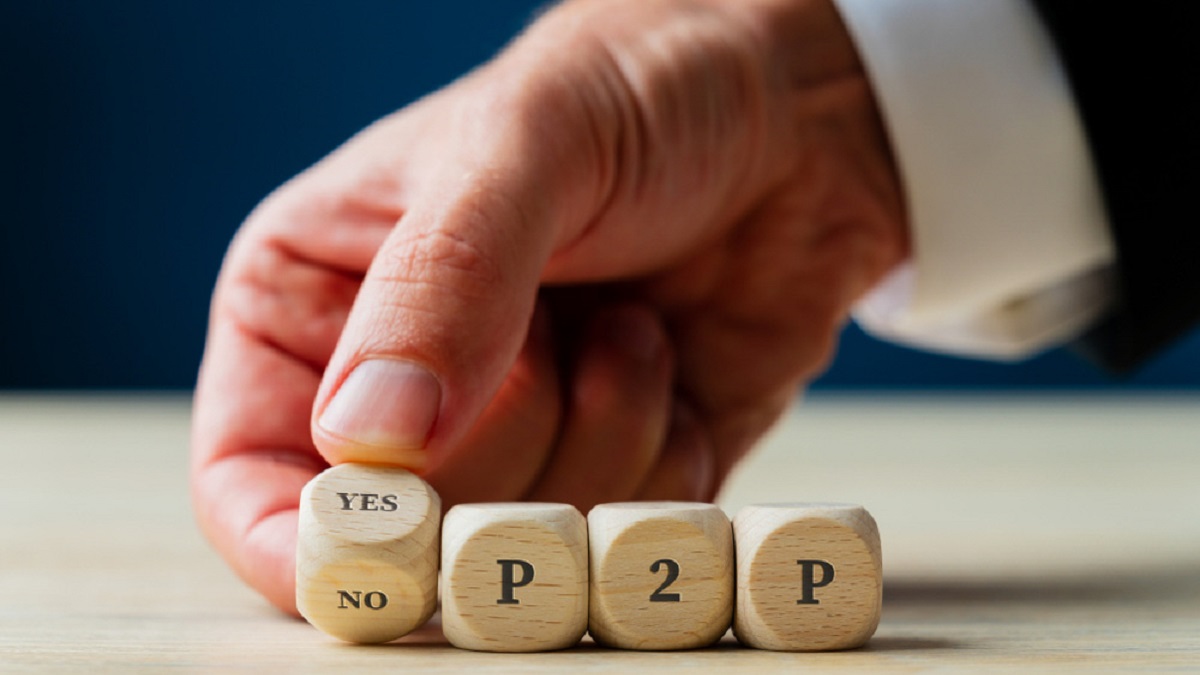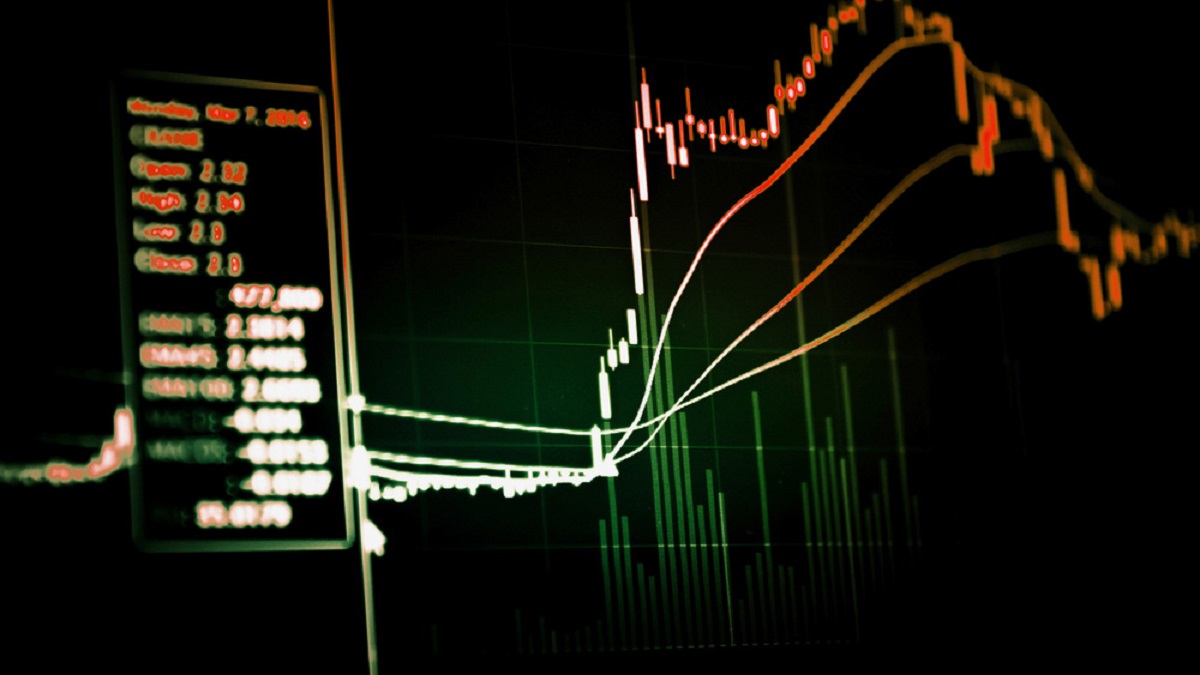The private debt market: a 2022 forecast
As of the end of Q3 2021, private debt managers had raised a total of £110.5 billion, well ahead of the same period of 2020 according to the PDI Fundraising Report, and Q4 was expected to follow the same theme. As we enter a new year, we look at what some of the key trends in the private debt market could be over the next 12 months.
1. Inflation
With inflation on the rise, it will be even more important for investors make their money work harder, rather than leaving it in cash. One of the likely winners will be private debt funds that offer consistent returns that are uncorrelated to macro-economic changes, and therefore provide a great hedge against traditional assets as part of an investor’s diversified portfolio.
2. Defaults
One of the unexpected consequences from the various pandemic lockdowns was the record amount consumers saved (estimated to be the second highest savings levels on record, at £190bn). This resulted in unsecured consumer borrowing falling, including hitting zero for some months. However, as the economy has started to open, and normal consumer behaviour continues to return, we are seeing a steady increase in borrowing again. Expect this to increase as the year goes on, as consumers face the triple whammy of higher inflation, increasing costs – especially household bills – and the continued impact of Brexit. This rise in borrowing, coupled with the increased cost of living, is likely to result in consumer defaults likely increasing to pre-pandemic levels.
3. SME struggles
On the commercial side, the Coronavirus Business Interruption Loan Scheme (CBILS) was designed to help smaller companies navigate the impact of the pandemic. It was a very popular scheme with over £26bn lent. One of the perks of the scheme was that Government covered the first year’s interest on behalf of companies. This year, companies will have to start paying the interest themselves – on top of increases in energy costs, a National Insurance increase as well as the cost of raw materials. Expect to see an increase in defaults and SMEs looking to apply for further loans to help support them through this cash crunch.
4. Start-up activity
Out of every recession come innovative start-ups – think Uber and Airbnb emerging from the 2008 financial crisis. In the current context of the pandemic, many entrepreneurs will view current market conditions as fertile ground upon which to launch a venture. Lending to start-ups will therefore increase, and, thanks to low cost and huge rise in tech, it has never been easier to launch a new business. Keep your eyes peeled for the next Unicorn.
5. B2B BNPL
Business to Consumer Buy Now Pay Later (BNPL) has taken the consumer markets by storm in recent years, and although regulation in this space is increasing, BNPL arguably represents the greatest disruption in consumer finance since credit cards. In 2021 B2B lenders started to think about how to replicate this idea in the business world; with BNPL having revolutionised consumer finance in recent years, business finance is now set to undertake a similar transformation in 2022 and beyond.
Contact our team
hello@fintexcap.com














